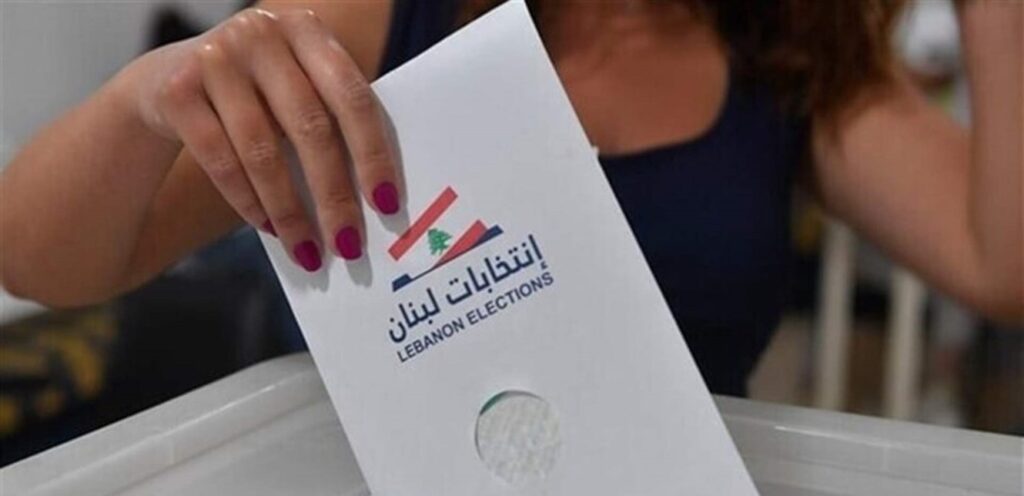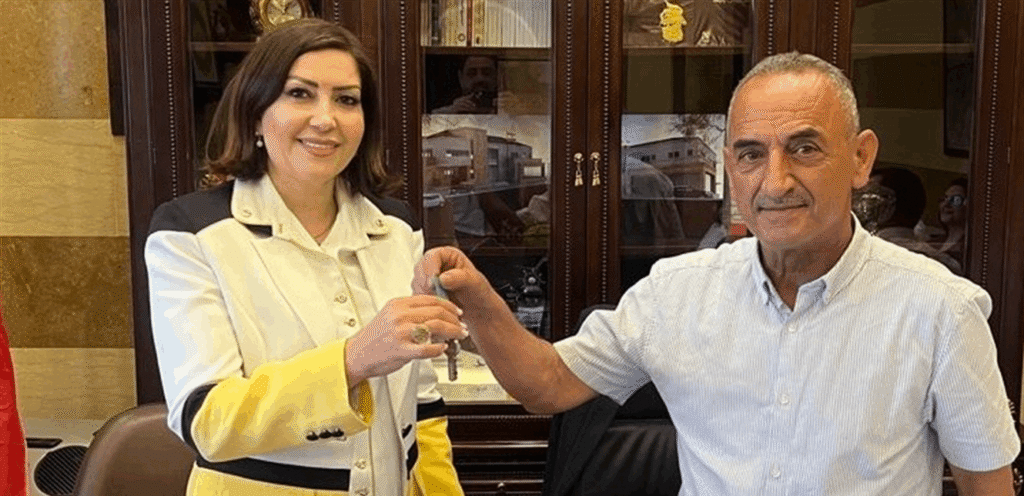Joseph Habib wrote in “Call of the Nation”:
Iran and its proxies have not learned from history nor from lessons and conclusions in war strategies and tactics dating back to the time of the Chinese general and philosopher Sun Tzu more than 2,500 years ago. No wonder, theocratic regimes and ideological organizations always find themselves stuck in the “bottleneck” of their rigid ideologies. The Hamas movement may have succeeded tactically in deceiving its enemy Israel into preparing for Operation “Al-Aqsa Flood” and launching its surprise attack on the Gaza Strip on October 7, 2023, but it failed miserably in the strategic calculations and did not improve the estimation of the cost of its “blitz raid” and its repercussions, or She did not even care about that, and subsequently failed the exam to evaluate the capabilities of the Hebrew state and its possible reactions in light of an international system dominated by the United States. United. The Islamic movement wanted to change the course of regional transformations, and it was the “flood” that swept away Iranian arms, amputated the “Shiite Crescent,” and changed the face of the region.
Miscalculations are not limited to Hamas. Hezbollah did not delay in responding to the call for “united areas” and opening a “support front” from southern Lebanon in support of Gaza the day after the “Hamas invasion.” Despite the “party’s” strength, which is superior to the movement’s strength, it fell prey to Israeli military technology, which hunted its cadres one by one, carried out “Operation Pager,” and assassinated the majority of its military and security leaders, led by the Secretary-General, who was “the rhythm officer for the axis of resistance.” Thus, “the Party” was exhausted. The crown jewel of the Islamic Revolution, and he was “paralyzed” and removed from the decisive “war of support” with his approval. Forced to agree to a ceasefire agreement on November 27th.
The effectiveness of Iranian arms in Iraq also declined as a result of the harsh American strikes and Western and Israeli threats that Baghdad received to rein in the militias loyal to Tehran, which were already divided among themselves. The Iraqi authorities are working to persuade the state factions to give up their weapons or join the legitimate forces. In parallel, the Houthis’ ability to target ships and disrupt maritime navigation was reduced, as they were subjected to a series of intense American, British and Israeli raids, which “broke their power”, limited them and limited their effectiveness, despite their continued launching of missiles and drones towards Israel, which often succeeds in neutralizing it with the help of its allies. . Experts confirm that the Houthi leaders and the Ansar Allah infrastructure, both civil and military, have become part of the “bank of targets” of Israel, which intends to double the pace of its attacks on the coup plotters in Yemen.
The surprise that disturbed the mullahs’ regime in Tehran and severed the “vital artery” linking Tehran to Beirut was the resounding fall of the Assad regime at the dawn of December 8, 2024, after launching the “Deterring Aggression” operation a few days before its collapse, specifically on November 27, under the leadership of The Islamic Hay’at Tahrir al-Sham, with Turkey’s blessing and sponsorship. “Deterring aggression” would have had no chance of rapid victory had it not been for the “Al-Aqsa Flood,” whose magic turned against the magician and dismembered the “Iranian octopus,” while observers believe that “the main credit” for the dramatic transformations in the region, even if unintentionally, goes to the mastermind. For the “flood” is Hamas leader Yahya Sinwar, who paid with his life for his “suicidal adventure.”
US President-elect Donald Trump’s threat to open the gates of hell on Hamas if it did not release the Israeli hostages before he took office was the main driving force that led to the ceasefire agreement in Gaza, after months of shuttle negotiations and strenuous efforts, which failed due to delays. Mutual exchange and setting conditions and counterconditions. The security environment and geopolitical situation have radically changed in the Middle East, especially with the retreat of the “Quds Force empire” and its almost complete humiliated exit from the “regional equation,” contrary to all claims of “victory” and similar nonsense, which has put Tehran in the “eye of the storm” on the “chessboard.” The mullahs’ regime brought the situation closer to a “checkmate” situation with the exposure of the Islamic Republic, which was exhausted economically and militarily, after… Its front lines of defense with Israel are collapsing.
Iran is trying to restore its image, which was shattered after limited exchanges of attacks with the Hebrew state, which exposed the weaknesses of Iranian defenses and demonstrated the huge gap in military power between the two parties. Tehran launches desperate war maneuvers at times and reveals military equipment that will not help it when the hour of decisive confrontation strikes at other times. Iran has become “the sick man of the Middle East,” as I mentioned in an article with this title early last December. This patient is in “intensive care” and his condition is hopeless, which forced him to sit again with the “European Troika” around the “nuclear table” in Geneva at the beginning of this week, to save what can be saved and create a “positive atmosphere” before Trump enters the White House next Monday. .
It is true that the Trump era has not yet officially begun, but the impact of him being the next American president is clearly visible. Tehran used to “survive” its crises by adopting the “carpet weaving” approach. Therefore, it began sending “diplomatic messages” to Trump regarding its good nuclear intentions, denying that it was planning to assassinate him. But Tehran’s piety and its tricks have become exposed and will not pass either to the Europeans or to the Trump administration, which will adopt a firm approach with Iran, while the next American president deliberately confirms his determination to expand the “Abraham Accords,” which is the issue that tops his list of priorities in the region.
The Trump administration will work on new arrangements in the Middle East, while keeping its eyes fixed on China and the Indo-Pacific region. Tehran will negotiate to pass the time, which is not in its interest, with minimal losses, and it has become certain that the “papers” of its power have been torn or burned, and it has only a little margin for maneuver, which has narrowed greatly. The Islamic Republic has become “weaker than a spider’s web,” after the powerful waves of the “flood” smashed its arms, crushed its prestige, and began to threaten its existence.









